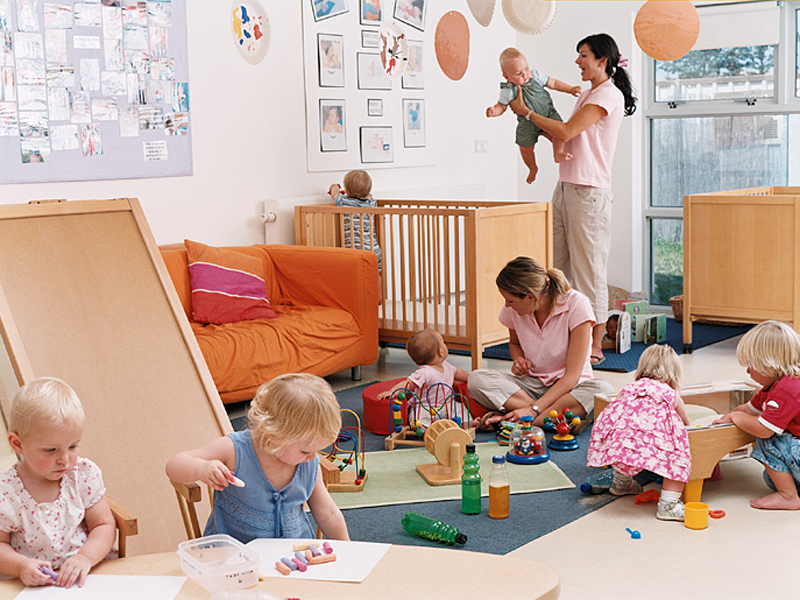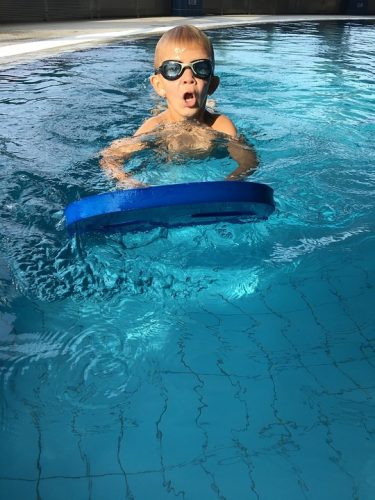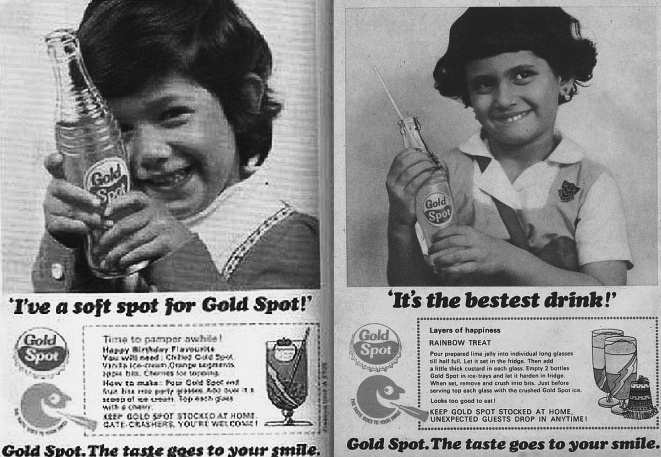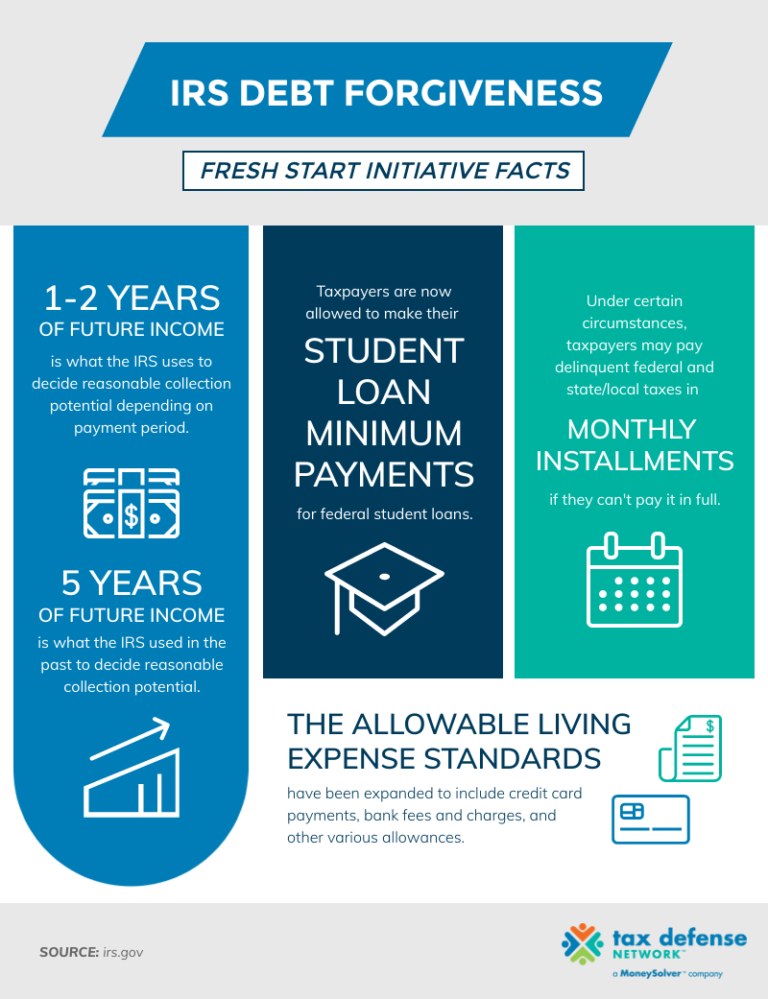How to stop a child from playing with poop
How do I stop my six year old from playing with her poop?
read •
Question
Hi Dr. Laura
I'm wondering, how do I stop my 6 year old girl from playing in her poop?
Thank You!
Answer
It's normal for a toddler to play in poop, because they haven't yet developed the usual disgust reaction. But it's unusual for a six year old. I have not seen research on this, but in my experience, kids who do this are usually in need of sensory input. So I would say:
1. Don't overreact. Tell yourself this won't last forever (it won't!). Say "Poop is not for playing...Let's clean this up and then you can play with your playdoh." Never punish or you will be locked in an endless power struggle about this.
2. Supervise. Don't leave your child alone at the times of day when she is likely to poop.
3. Create opportunities for the sensory input your child needs. Playdoh, daily. Finger paints, silly putty, goop, making cookies by mixing the dough by hand, making mudpies outside, giving her sensory bags and bins (see online) -- whatever you can come up with to provide sensory play for her hands.
4. One reason kids do this is that they have a lot of energy and need an outlet. So make sure that she gets daily roughhousing that gets her laughing with you, daily, but especially on those days when she seems to have a lot of energy. (If you pay attention, you can tell when those days are.) Many kids benefit from bear hugs, games where you roll over and over with them, or other full body sensory games. Other sensory-seeking kids love to be gently brushed with a brush, or other sensory activities that you can find on websites related to sensory issues. She might benefit from a trampoline, or a spinning seat like this one.
5. Some people swear that probiotics that change the gut chemistry will eliminate the child's drive to do this.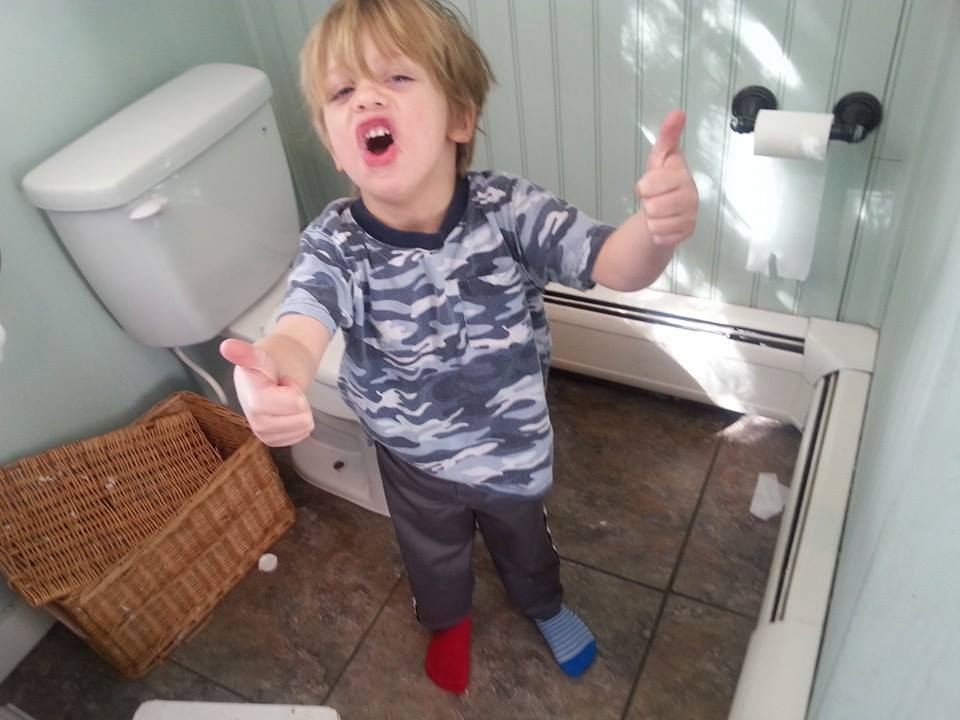 I can't say, but it is certainly worth it to give your child some probiotics.
I can't say, but it is certainly worth it to give your child some probiotics.
Good luck!
Dr. Laura
Tweets by DrLauraMarkham
Dr. Laura's Parenting Tips
Free weekly inspiration in your inbox. Give yourself the support you need, to be the parent you want to be.
YES I WANT THIS SUPPORT
Peaceful Parent Happy Kids Online Course
- 12 weeks of practical support & tools
- Live Group Call with Dr. Laura
- 60 audio inspirations & Private FB group
LEARN ABOUT THE COURSE
VIEW ALL BOOKS
3188+ Reviews on Amazon
Avg. 4.6 out of 5 stars
'How do I stop my child playing with his poo?
Clinical psychologist David Coleman answers your parenting questions.
Question: I have a two-year-old boy and a new four-month-old baby. My toddler goes up for a nap in the afternoon.
Sometimes he doesn't sleep, sometimes he does but he is always happy to have a rest in his cot for an hour. My problem is that a few times this week he has done a poo in his nappy and is smearing it all over the cot and himself. The first couple of times I lifted him out and into shower. I told him that poo is for his nappy or the potty but we don't poke it cause it's smelly and dirty. I didn't give out to him. However he has kept doing it. He has very good verbal skills and can communicate with us very well. I'm worried he is starting a new habit and I want to be sure I'm dealing with it right. Any advice greatly appreciated!
ExpandClose
Playing with poo is a normal enough thing for a two-year-old to do.
David Coleman replies: Playing with poo is a normal enough thing for a two-year-old to do. There is nothing psychologically wrong, or disturbed, about it.
They have a curiosity and fascination with poo that isn't yet inhibited by a sense of it as 'dirty' or 'nasty'. They don't have the typical disgust reaction to faeces that older children and adults do.
So, some children do discover that they can get at their poo and then they play with it. Their play is just the same as if they were squeezing and smearing clay, or play doh, or paint or food.
There are a number of things you can try to do, some of which you have done already. But essentially there are three steps: prevent him getting access to the poo; stay calm and matter-of-fact in response to any smearing, and give him lots of other opportunities for messy play.
There are various options for reducing his access to the contents of his nappy.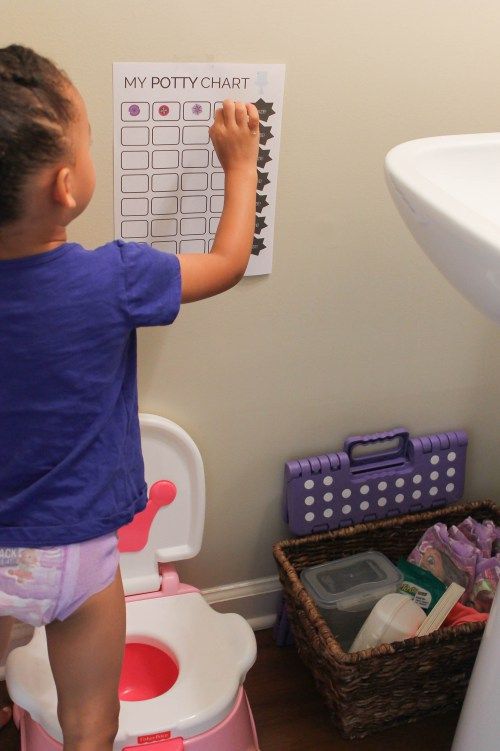 Some parents will put the nappy on backwards so the fastenings aren't easy to get at.
Some parents will put the nappy on backwards so the fastenings aren't easy to get at.
Others add a loop of duct tape or masking tape around the fastenings, but this can make getting the nappy off more difficult for you too. Toddlers can still get their fingers in around the leg openings if they are really determined!
Get the best home, property and gardening stories straight to your inbox every Saturday
Enter email address This field is required
So, you may want to consider getting a onesie for him for his afternoon nap. Again, put it on him backwards making the fastenings hard to reach.
If these efforts to deny him access to his poo don't work then your response to any smearing becomes more important. I think your responses to him so far have been ideal. You sound like you have stayed calm, but firm and clear.
You sound like you have stayed calm, but firm and clear.
Do remember that this isn't misbehaviour; it is just exploration and curiosity. So, despite the mess that is created, you need to respond to him like you would if he 'played' at squeezing a shampoo bottle all over the floor, for example.
Your tone of voice needs to be firm in reprimanding him, so he gets the message that you aren't happy with the behaviour. But then, as you are doing, you need to tell him the appropriate thing to do with poo.
I think using the shower to clean him off sounds like a good plan. Not only is it an efficient way of cleaning, but the thoughts of a shower may deter him from getting messy, if he makes the association between smearing poo and needing a shower.
In any event, the cleaning up process needs to be straightforward and business-like rather than a form of punishment. Punishment, of any sort, is not necessary as a response.
Finally, then, you might want to increase the opportunities your son has to play with messy things. This might satiate his desire to get dirty and squishy.
This might satiate his desire to get dirty and squishy.
Good options for this are modelling clay, washable paints, wet sand in a sand tray, and good old-fashioned muck (again containable in a tray outdoors if you need to).
As he plays with the messy materials, comment to him about how good it feels it squidge and smear the clay, for example. Then remind him that it is nice to play with clay.
Then, if you find him still playing with his poo you can say, with authority, "no playing with poo. We play with clay instead".
You are right to try to stop his poo play before it becomes a more established habit, as the longer he plays with his poo the more ingrained the behaviour may become.
Victoria Mironova's Kindergarten Club |
- Main >
- Blog >
- An uncomfortable problem: playing with feces
There can be many reasons for this behavior. Among them are sensory features, age and psychological factors, emotional disorders, behavioral problems, and so on. First you need to understand what can cause such behavior and what are the ways to overcome it.
Possible causes
The reasons why a child plays with, eats or smears feces depend on his age and developmental features.
Age interest. Until about two years of age, it is normal for children to be interested in their own excreta. Toddlers learn the functions of their body and waste products. At the same time, the reaction of parents to the interest of the child can permanently reinforce this behavior.
Manipulation method. Smearing stool can be a way to avoid something or get something you want: to evoke a certain emotional reaction, to draw attention to yourself, to get away from an unpleasant situation or demands. Also, children who have communication problems can use these situations as a way to communicate. They quickly learn which behavior leads to the most active interaction.
Also, children who have communication problems can use these situations as a way to communicate. They quickly learn which behavior leads to the most active interaction.
Sensory features. Stool smearing can be used by toddlers who like strong smells and messy games and have no other way to satisfy their needs. Playing with sticky and soft materials such as glue, shaving foam, play dough, and sand can reduce the need to spread stool. Strong-smelling substances - aromatic oil, spices, cheese - will help to satisfy cravings for smells.
Psychological and mental problems. Fecal smearing problems can occur in children with OCD (obsessive compulsive disorder), bipolar disorder, schizophrenia. These behaviors can also be seen in children with autism, anxiety, child victims of sexual abuse, or children experiencing post-traumatic stress. Donna Williams, author with autism, points out that poo games have many goals that can be overlooked:
- this activity gives a feeling of control over the body and environment, while other areas of life are uncontrolled
- makes you feel in control of your own actions
- contributes to the expression of anger, frustration, helplessness
- prevents unwanted social contacts
- may be associated with another emotionally calming process
- may be part of an obsessive-compulsive disorder that gets out of hand
In any of these cases, you need to pay attention to the quality of life of the child and make sure that he has the opportunity and an acceptable way to meet his needs (including emotional and sensory). In severe cases of mental disorders, medical attention may be needed.
In severe cases of mental disorders, medical attention may be needed.
Medical cases. Doctor's consultation will rule out possible diseases:
- protozoan infections causing rectal itching
- parorexia or pica - the desire to eat inedible, can be caused by a deficiency of certain substances in the body
- constipation and stool problems which may lead to a desire to explore the anus
- hemorrhoids due to difficulty in emptying the bowels
- rectal prolapse - prolapse of the rectum associated with decreased muscle tone of the pelvic floor. Symptoms include encopresis (fecal incontinence), a feeling of incomplete emptying resulting in anal exploration and smearing of feces.
All of these conditions are treatable.
How to find out why a child is doing this?
To stop any behavior, you need to understand its function. One of the effective ways not to speculate, but to shed light on a child's motivation, is to discover a causal relationship, the so-called ABC behaviors.
A Cause. What happens right before the unwanted behavior occurs? For example, a mother leaves the room to do other things, or a child is given demands that he does not want to fulfill. There may be many options.
B - Behavior. (In this case, the child is smearing or eating feces)
C — Consequence. What happens immediately after the behavior occurs, including the first adult reaction? Whether the parents exclaim, rushing to wash the child and the walls, or the demand to remove the toys is losing its relevance.
Once the cause and effect that reinforces a behavior is understood, there is a chance to change it.
Practical advice
Reward what you want, ignore what you don't. The baby must learn that he gets a lot of attention and positive emotional communication when he behaves well, and does not receive any attention when he is smeared in feces. Of course, it is hard for a parent who has to wash walls and carpets to maintain icy calm and equanimity. But this is a necessary measure to stop unwanted behavior. Pay attention and reward the child when he behaves well - sits at the table, eats, shares toys, builds a tower. You can also reward the child when he was able to resist and did not smear the feces. This strategy will help reduce the frequency of unpleasant incidents, but requires persistence and time.
But this is a necessary measure to stop unwanted behavior. Pay attention and reward the child when he behaves well - sits at the table, eats, shares toys, builds a tower. You can also reward the child when he was able to resist and did not smear the feces. This strategy will help reduce the frequency of unpleasant incidents, but requires persistence and time.
Create unwanted effects. One way to create unpleasant consequences for a child is to involve him in cleaning. Smearing the faeces should not help the child avoid any demands. Eliminate any pleasant activities immediately after the incident - cartoons, favorite food, games.
Wear protective clothing. At first, special clothing, such as one-piece jumpsuits and back-fastening pajamas, swimwear or T-shirt bodysuits, will help control toilet problems. Such clothes can be worn at night or during the day to limit access to the diaper. So the child will not be able to get the excrement on his own and the parents will have more control over the process.
Satisfy interest in an acceptable way. You can satisfy the interest of the baby and explain the rules of behavior with the help of books and social stories. For example, such a book can be viewed here.
Use sensory stimuli. If a child smears faeces due to sensory issues, ensure that he is able to meet his needs in an acceptable way. Modeling dough, plasticine, finger paints, sand, shaving foam - all this can be smeared, crumpled, sculpted and even completely coated. Create a place where the baby can play "dirty" games. If the child is attracted to the pungent smell of excrement, cheese, odorous plasticine, perfume, aroma oil, spices can be used as a substitute.
Of course, the article only gives a general idea of what fecal smearing is. A consultation with a child psychologist will help you understand the causes in more detail and develop a program to get rid of unwanted behavior.
Author: Maria Labyrina
back
How to wean a son from soiling everything around with his feces?
home
Parents
Expert advice
Psychologist's consultation
Child's age: 1. 9
9
Tags: 1-3 years behavior upbringing
How can I stop my son from soiling everything around with his feces?
Good afternoon, help!
The situation is this, my son is 1.9 and we are learning to go to the potty from 1.6. It all started with the fact that they picked up a pot for a long time, in the end they found it. Then we went to visit, where the child is older, and asked him to show my son how to use the potty.
He took my baby with him by the hand and showed how to do it, in the end, this method was successful, and the son at home began to go to the potty, albeit with misses.
But the problem remains, if suddenly he is left alone in the room (where sometimes I leave him to play and everything is safe while I cook), he sometimes smears the sofa with his feces. The first time, of course, my husband and I said, "Ayayay, but what about the pot," but this continues to this day and more and more often. It's like you can't take a step back.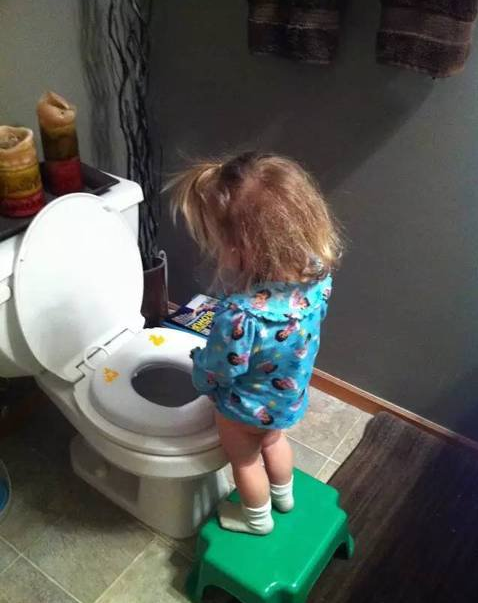 I bought plasticine, he sculpts until he "drops", until he gets bored. You can draw as much as you like. Finger paints, various crayons, pencils, felt-tip pens. During the day we draw a lot together, we play all the time, but as soon as we "turn away" I come - it's painted. Throwaway sofa. As far as I can tell, it's just curiosity. He does not call me when he has done the deed, but he can sit in the pot, do the deeds - and start drawing.
I bought plasticine, he sculpts until he "drops", until he gets bored. You can draw as much as you like. Finger paints, various crayons, pencils, felt-tip pens. During the day we draw a lot together, we play all the time, but as soon as we "turn away" I come - it's painted. Throwaway sofa. As far as I can tell, it's just curiosity. He does not call me when he has done the deed, but he can sit in the pot, do the deeds - and start drawing.
I tried both punishing and explaining that it was not good - to no avail. He doesn't understand what's wrong. The son does not speak well, so it is difficult to have a dialogue with him in order to understand why he does this.
Tell me, is it a disease? Curiosity? How long will it last? After all, this adds to my work at home, I devote less time to him, my mood deteriorates and, of course, I get angry at him. He did this twice today.
It is not always possible to do business and keep him close, and I am alone with him all day long. And the kindergarten discussed with him that adult children go to the potty and do not draw with poop. What do i do? Teach.
And the kindergarten discussed with him that adult children go to the potty and do not draw with poop. What do i do? Teach.
Oksana
Hello, Oksana!
It is quite possible that you began potty training your child too early, when, due to certain individual characteristics, he was not yet ready for this. Probably, the boy began to go to the pot rather out of curiosity, not fully understanding what was happening to his body during the act of defecation.
At the moment the child is in the so-called active anal stage according to Freud. This period is associated with learning self-control, which provokes a high level of tension. The child's stress can also be exacerbated by the fact that you, too, are stressed about the topic. I can assume that by such behavior the child may try to relieve psycho-emotional stress. It is necessary to pay attention to the quality of the boy’s sleep, to whether he calms down easily after vigorous activity, whether he easily falls asleep and wakes up.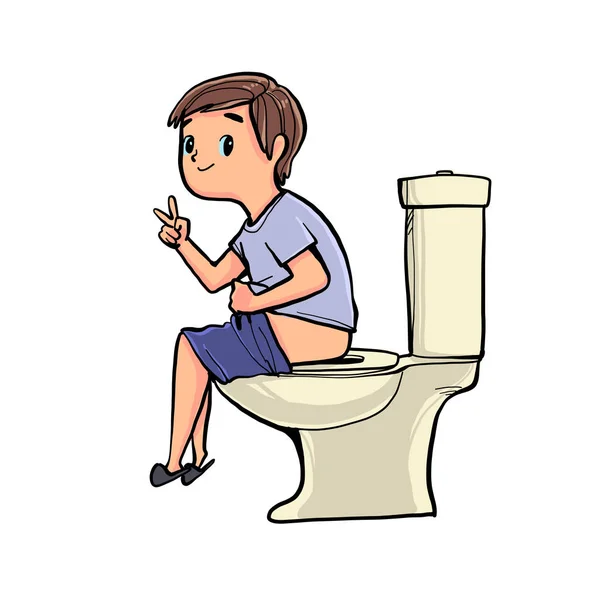 If everything is good in this, then the reason is either in psychology or in curiosity about the world around us.
If everything is good in this, then the reason is either in psychology or in curiosity about the world around us.
You are doing the right thing by looking for socially acceptable alternatives to his behavior, but try not to get annoyed and reduce the significance of these events. It seems very difficult, but the sooner you learn to calmly perceive the situation, the sooner it will be favorably resolved. To relax, pay attention to yourself, your body and your emotions. Monitor the quality of your food and sleep.
Returning to your request, it is worth saying that he can also simply study his body, including his feces, but your emotional reaction makes him do it again and again. It is worth postponing the process of potty training until the time when the boy is more ready for it.
I also recommend consulting a pediatric neurologist and a proctologist, as problems that seem to be psychological often have a physiological basis.
Perhaps the boy finds the process of defecation strange and therefore he tries to get rid of his products as soon as possible, smearing them on the furniture.


